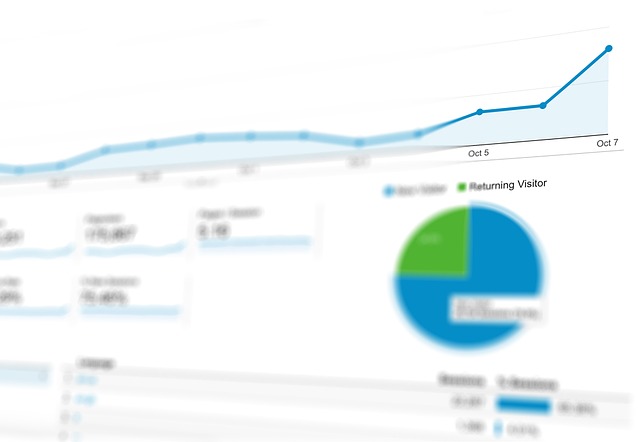Google Analytics is a powerful tool that provides valuable insights into website traffic, user behaviour, and conversions, making it an invaluable resource for affiliate marketers. By leveraging the capabilities of Google Analytics, affiliates can gain deeper understanding of their audience, track the performance of their affiliate campaigns, and optimize their strategies for greater success. In this article, we’ll explore how affiliate marketers can use Google Analytics to gain actionable insights and improve their affiliate marketing efforts.

Understanding Key Metrics
1. Traffic Sources:
- Analyse the sources of traffic to your website, including organic search, direct traffic, referrals, and social media.
- Identify which channels are driving the most traffic and focus your efforts on those that are most effective for your affiliate marketing goals.
2. Audience Behaviour:
- Explore user behaviour metrics such as page views, bounce rate, time on page, and navigation paths.
- Gain insights into how visitors interact with your website and identify areas for improvement in user experience and content engagement.
3. Conversion Tracking:
- Set up conversion goals in Google Analytics to track affiliate link clicks, form submissions, and other desired actions.
- Monitor conversion rates and analyse the effectiveness of your affiliate campaigns in driving desired outcomes.
Optimizing Affiliate Campaigns
1. Campaign Tracking:
- Use UTM parameters to track the performance of your affiliate campaigns and individual marketing initiatives.
- Monitor campaign performance metrics such as clicks, conversions, and ROI to evaluate the effectiveness of your affiliate partnerships.
2. Content Analysis:
- Analyse the performance of your affiliate content, including blog posts, product reviews, and landing pages.
- Identify high-performing content and optimize underperforming pages to improve conversion rates and drive affiliate revenue.
3. Audience Segmentation:
- Segment your audience based on demographics, interests, and behaviour to better understand their needs and preferences.
- Tailor your affiliate marketing strategies and content to different audience segments to maximize relevance and engagement.
Leveraging Advanced Features
1. E-commerce Tracking:
- Enable e-commerce tracking in Google Analytics to measure the revenue generated from your affiliate marketing efforts.
- Gain insights into the products that drive the most revenue and optimize your affiliate promotions accordingly.
2. Multi-Channel Funnels:
- Use multi-channel funnel reports to analyse the customer journey across multiple touchpoints before conversion.
- Understand the role of different marketing channels in influencing conversions and allocate resources effectively to maximize ROI.
3. Custom Reports and Dashboards:
- Create custom reports and dashboards in Google Analytics to monitor key metrics and KPIs specific to your affiliate marketing goals.
- Streamline your reporting process and focus on the metrics that matter most for optimizing your affiliate campaigns.
Conclusion
Google Analytics is a valuable tool for affiliate marketers seeking to gain insights into their website traffic, audience behaviour, and affiliate campaign performance. By leveraging key metrics, optimizing affiliate campaigns, and utilizing advanced features, affiliates can make informed decisions, identify opportunities for improvement, and drive greater success in their affiliate marketing endeavours. With Google Analytics as a cornerstone of their analytics strategy, affiliate marketers can gain a competitive edge and achieve their goals of increasing traffic, conversions, and affiliate revenue.
